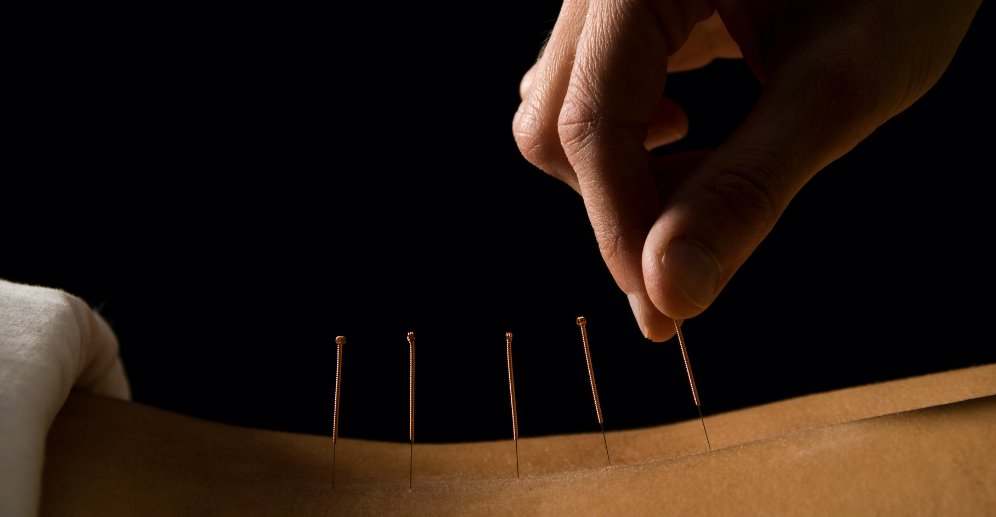Acupuncturist
Acupuncture utilises needles to correct the flow of Qi, or energy, flowing in the body at junctures close to the surface of the skin.
Since its origins in China 3,000 years ago, acupuncture has been used to treat many health issues. Fine needles are inserted into the skin at specific points to balance the flow of “Qi” or vital life force energy.
Of all the complementary health therapies available in Australia today, acupuncture is one of the most widely used. In fact, 80 percent of general medical practitioners refer patients to acupuncturists.
An acupuncturist is a practitioner who has undergone studies in the practice to achieve their professional status. While some undertake a short course, others study for a degree in Chinese Medicine to gain the skills and knowledge needed to practise this ancient art.
Because acupuncture is holistic, taking into account a patient’s overall health, your practitioner will get a picture of your general wellbeing and recommend a treatment course based on this. They may use other complementary therapies alongside acupuncture to achieve the best results.
The theory is that your practitioner can tap into your energy system through 350 points in your body by inserting fine needles to different depths. This helps restore the energy flow to its proper state, stimulating healing and preventing further issues.
Some scientists say that acupuncture points are sites where the body’s tissue, nerves, and muscles can be manipulated. This improves blood flow, which in turn helps your body function to its best ability, and also helps release neurotransmitters. These include dopamine and serotonin, which affect your mental wellbeing, and other neurotransmitters that blocks pain.
Because needles are used, you may be wondering does acupuncture hurt? Don’t worry. The needles are very fine, so you will be unlikely to feel pain but may experience mild stinging or aching.
Acupuncture is used for many problems, including pain, musculoskeletal disorders, issues associated with aging or nutrition and obesity – in fact a whole range of diverse areas!
And acupuncture for fertility is an area that is also gaining ground. It is believed to stimulate blood flow to reproductive organs, as well as relieving stress and balancing hormones.
The benefits of acupuncture are many. Practitioners say that because it kick-starts the body into healing itself, it is an entirely natural process. It is also considered low-risk as long as the correct procedures are followed and have few side-effects. Other treatments can be used alongside acupuncture and can help patients who don’t like to or can’t take painkillers.

Acupuncturists are required to follow strict rules. These include only using needles that have been sterilised, and that are disposable and single-use.
However, it’s worth being aware of the risks of acupuncture. These include:
As you don’t need a doctor to refer you to an acupuncturist, you may appreciate a few tips on finding a suitable practitioner.
Chinese medicine – which includes acupuncture – is a profession regulated by the Chinese Medicine Board of Australia. So when you find a registered acupuncturist, you will be safe in the knowledge that they have undergone the required training and are certified professionals.
Whitecoat have made it easy for you to search for an acupuncturist. Simply use the search options at the top of the page to help you find the healthcare professional who’s right for you.
When you go for your consultation with your acupuncturist, ensure that you are happy with the environment and have a chance to talk through your general health and any potential side effects of treatment.
And above all, enjoy this versatile and safe complementary health therapy!